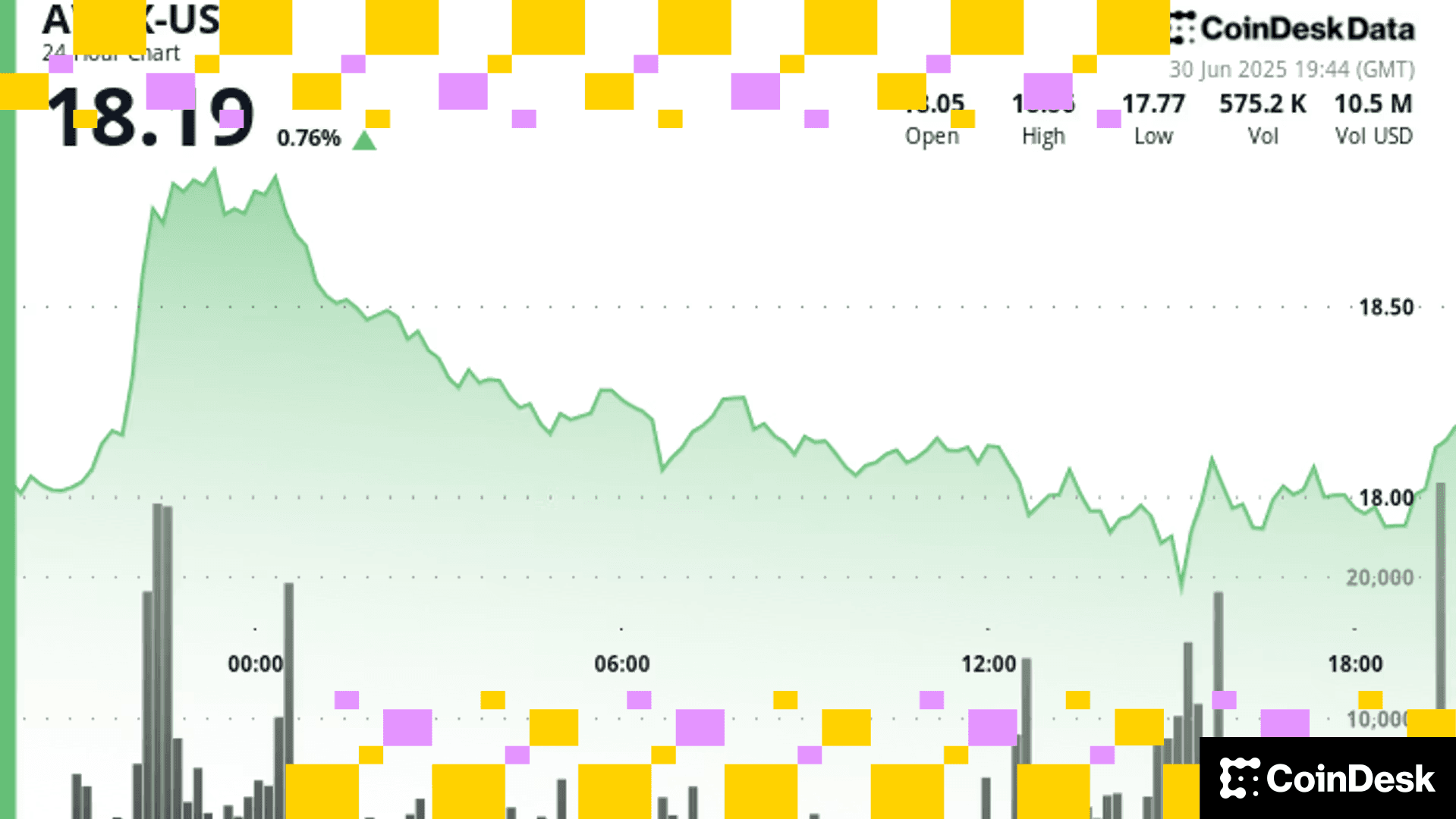El Salvador Passes Law Paving the Way for 'Volcano Bond'
The digital asset bill in the Legislative Assembly obtained 62 votes in favor and 16 against.

The Legislative Assembly of El Salvador approved on Wednesday a law for the issuance of digital assets other than bitcoin. Included in the legislation was a legal framework for the issuance of a bitcoin-backed bond, also known as the Volcano Bond.
#Plenaria90✍🏻 Con 62 votos a favor, creamos la Ley de Emisión de Activos Digitales. pic.twitter.com/g1poXwLoH3
— Asamblea Legislativa 🇸🇻 (@AsambleaSV) January 11, 2023
In November 2021, El Salvador President Nayib Bukele announced that the Central American country – which earlier that year established bitcoin (BTC) as legal tender – was planning to raise $1 billion via bitcoin-backed bonds. The proposed paper soon became known as Volcano Bonds as the money was to go towards – among other things – seeding a bitcoin mining industry reliant solely on renewable energy, including that generated by the country's active volcanos.
Although initially planned for March 2022, the bond issuance had to be postponed several times, mostly due to last year's brutal bitcoin bear market. The digital assets bill was finally introduced in the Legislative Assembly at the end of November 2022, where Bukele's party, Nuevas Ideas, has a large majority. Sixty-two legislators voted for the law today, and 16 voted against.
In a statement released Wednesday, Bitfinex stated that it “will be an infrastructure provider for what it says should really be termed the "Volcano Token" – "a digital token which would help El Salvador to raise capital to pay down its sovereign debt, direct funds towards the creation of Bitcoin mining infrastructure, and fund the construction of 'Bitcoin City'."
More For You
Exchange Review - March 2025

CoinDesk Data's monthly Exchange Review captures the key developments within the cryptocurrency exchange market. The report includes analyses that relate to exchange volumes, crypto derivatives trading, market segmentation by fees, fiat trading, and more.
What to know:
Trading activity softened in March as market uncertainty grew amid escalating tariff tensions between the U.S. and global trading partners. Centralized exchanges recorded their lowest combined trading volume since October, declining 6.24% to $6.79tn. This marked the third consecutive monthly decline across both market segments, with spot trading volume falling 14.1% to $1.98tn and derivatives trading slipping 2.56% to $4.81tn.
- Trading Volumes Decline for Third Consecutive Month: Combined spot and derivatives trading volume on centralized exchanges fell by 6.24% to $6.79tn in March 2025, reaching the lowest level since October. Both spot and derivatives markets recorded their third consecutive monthly decline, falling 14.1% and 2.56% to $1.98tn and $4.81tn respectively.
- Institutional Crypto Trading Volume on CME Falls 23.5%: In March, total derivatives trading volume on the CME exchange fell by 23.5% to $175bn, the lowest monthly volume since October 2024. CME's market share among derivatives exchanges dropped from 4.63% to 3.64%, suggesting declining institutional interest amid current macroeconomic conditions.
- Bybit Spot Market Share Slides in March: Spot trading volume on Bybit fell by 52.1% to $81.1bn in March, coinciding with decreased trading activity following the hack of the exchange's cold wallets in February. Bybit's spot market share dropped from 7.35% to 4.10%, its lowest since July 2023.
More For You











